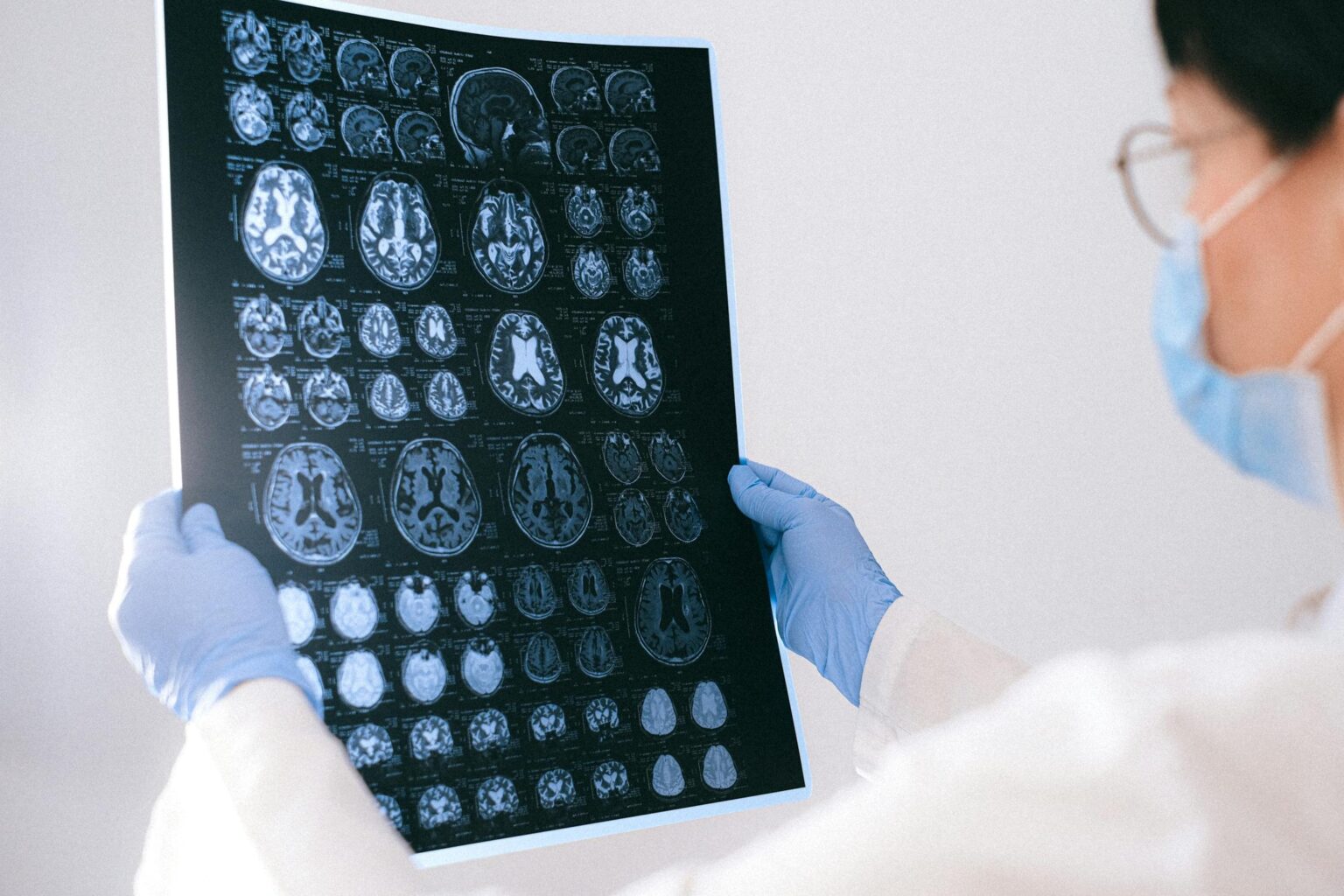On July 2, 2024 the U.S. Food and Drug Administration (FDA) approved Kisunla, a treatment for early-onset Alzheimer’s disease. Studies show Kisunla slows cognitive decline by 30%, according to press release by the Alzheimer’s Drug Discovery Foundation. The treatment was developed by Eli Lilly & Company.
Alzheimer’s Disease is a progressive form of dementia that affects memory, thinking, and behavior in adults over the age of 65. Though much less common, Alzheimer can affect people under the age of 65 as well, known as early-onset Alzheimer’s. Early onset comprises of about 5% —or 350,000 people— of all Alzheimer’s patients, according to the Mayo Clinic.
Alzheimer’s is the most common cause of dementia, accounting for nearly 60-80% of cases, according to the Alzheimer’s Association.
Alzheimer’s interferes with daily life and currently has no cure. New treatments offer hope for those afflicted by the condition as well as their family members.
Treatment Methods
A Kisunla treatment consists of a once a month, 30-minute IV infusion. It will be available for patients with early-onset Alzheimer’s disease, those suffering from mild cognitive impairment and dementia, according to a press release from the drug’s maker, Eli Lilly and Company.
Kisunla is the first Alzheimer’s treatment that targets amyloid plaques and remove them altogether. Amyloid plaques are misshapen proteins that develop in parts of the brain concerned with memory. These plaques concentrate in spaces between nerve cells, impeding their functionality. Science shows links between amyloid plaques with Alzheimer’s Disease.
“Kisunla demonstrated very meaningful results for people with early symptomatic Alzheimer’s disease, who urgently need effective treatment options,” said Anne White, president of Lilly Neuroscience, Eli Lilly and Company.
Over 6 million Americans over the age of 65 live with Alzheimer’s disease. That number will likely grow, according to the Alzheimer’s Association.
Kisunla was tested among a group of 1,736 patients with Alzheimer’s Disease in a double-blind, placebo-controlled study for up to 72 weeks, according to the FDA. The average age of participants was 73.
Side effects to the treatment can include flu-like symptoms, changes in blood pressure, and nausea. The most common side effect noted among patients was a headache.
Kisunla Cost and Market Potential
Kisunla will cost around $32,000 for the first year of treatment and bring an estimated $5 billion in revenue for Eli Lilly.
Out-of-pocket costs for patients will be based on treatment length, the progression of the disease, and insurance coverage. Kisunla can range from as low as $12,522 for a six-month treatment to $48,696 for an eighteen-month treatment.
Alzheimer’s Disease patients are some of the most expensive to care for in the United States, costing Americans $345 billion in 2023 in caretaking expenses, not including unpaid caregiving performed by family members. This untenable expense will most likely rise over time, making finding treatments critical.
Eli Lilly not only hopes to prevent Alzheimer’s Disease, but cure it all together.
“Each year, more and more people are at risk for this disease, and we are determined to make life better for them,” says White.


